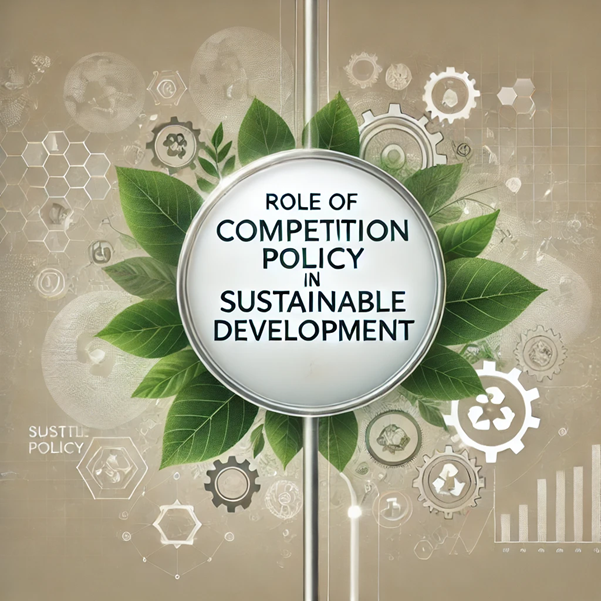By Adv Siddharth Narang, Partner Agreya Legal
Competition policy aims to enhance market competitiveness, crucial for preventing monopolies and cartels from causing higher prices, inferior products, and economic injustice. This is especially vital for vulnerable consumers relying on essential goods.
Effective competition policies address market failures, prompting firms to boost efficiency, innovate, and expand consumer choices and product quality. Additionally, they encourage firms to produce healthier, safer, and more environmentally responsible products, meeting the demands of conscientious consumers.
Advocates assert that beyond fostering economic growth, competition policy contributes to equitable outcomes, and poverty alleviation, and indirectly promotes sustainable and inclusive development.
While appropriate industrial and trade policies are essential, they alone are not adequate to achieve sustainable and inclusive growth and development. To truly attain such goals, competition policy must complement these efforts, ensuring that governments can effectively steer development in that direction.
One key aim of competition policy is to uphold the efficiency and smooth operation of markets, pivotal for fostering innovation and advancing new technologies. Consequently, several nations acknowledge that effective environmental policy hinges on robust competition policy enforcement which does not result in firms abusing their market power or excluding competition to stimulate more innovation and/or does not approve anticompetitive mergers for the sake of innovation; and at the same time does not discourage horizontal or vertical cooperation between firms to engage in joint research and development and eco-innovation activities
Cartels disrupt economic efficiency by skewing prices, restricting consumer options, creating obstacles for new competitors, and impeding quality enhancements and innovation. In markets crucial for achieving emission goals or transitioning, like automotive, greenhouse gas trading, or agriculture, the adverse effects on competition also translate into detrimental environmental consequences.
Additional instances of anticompetitive agreements with environmental repercussions include:
- Agreements aimed at minimizing product variations in sustainable quality, hindering the market’s ability to offer greener alternatives.
- Collaborative efforts among retailers to set standards that block the sale of environmentally friendly products, impeding consumer access to greener options.
- Cartels engaging in greenwashing tactics, where companies conspire to inflate prices or employ exclusionary measures under the guise of sustainability claims, without actually making significant contributions towards environmental objectives.
In summary, competition policy is a vital tool for promoting sustainable development by fostering efficiency, innovation, inclusivity, consumer welfare, environmental sustainability, and global development.

